Trains: Plans for new Cardiff to London services hit buffers
- Published
- comments
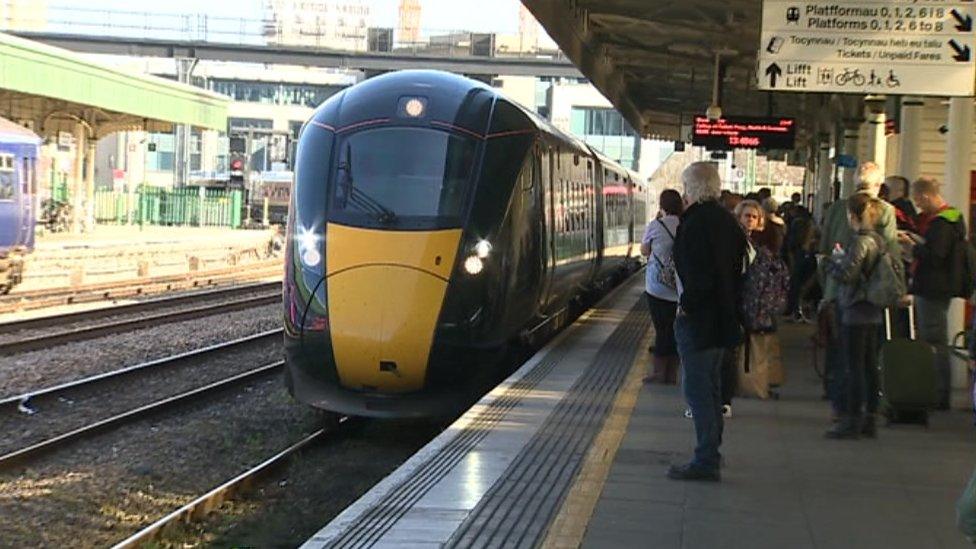
Grand Union Trains' managing director Ian Yeowart said the decision was a "shock"
Plans to run extra trains between south Wales and London have been rejected by an industry regulator.
Grand Union Trains wanted to run seven daily return services between Cardiff Central and Paddington from December.
It also hoped to extend services to Carmarthen from December 2023.
The Office of Rail and Road (ORR) said uncertainty over economic recovery and passenger demand because of Covid could pose "significant risks to the success of this specific operation".
But its main reason for rejecting the application, external was because of a financial forecast which suggested it would have cost millions to the Department for Transport, as well as Great Western Railway (GWR).
The ORR has to consider the impact open-access services have on franchised services as well as the impact on public sector funding.
GWR runs services between Cardiff Central and Paddington.
Grand Union Trains managing director Ian Yeowart said the decision had come as a "shock" as he felt the figures were within acceptable limits.
"We are not going to accept the decision as it is because it is not right," he said.
"Our lawyers are looking at it to see how we progress."
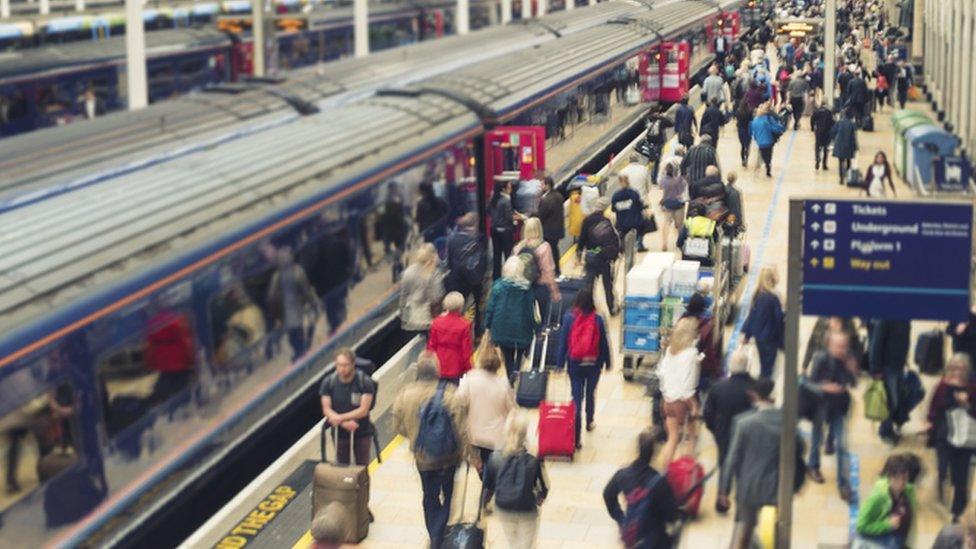
Great Western Railway runs services between Cardiff Central and Paddington
Grand Union announced its plans in July 2019 saying, if agreed, they would create 135 jobs.
It planned to run seven return services a day between Cardiff Central and London Paddington, calling at Newport, Severn Tunnel Junction and Bristol Parkway from December.
From December 2023, it hoped to extend the services between Carmarthen and London Paddington, with limited stops at Llanelli and Swansea and then calling at Newport, Severn Tunnel Junction and Bristol Parkway.
The ORR report said: "New open-access services can offer new travel opportunities for users and create competition on existing flows.
"However, greater competition can also mean a loss of revenue for the services operated by existing operators, for example franchisees.
"In situations where franchised operators bear revenue risk, this revenue loss is expected eventually to lead to lower premium payments by franchised operators to the Department for Transport (DfT), or higher subsidy payments from DfT to operators."


- Published8 February 2021
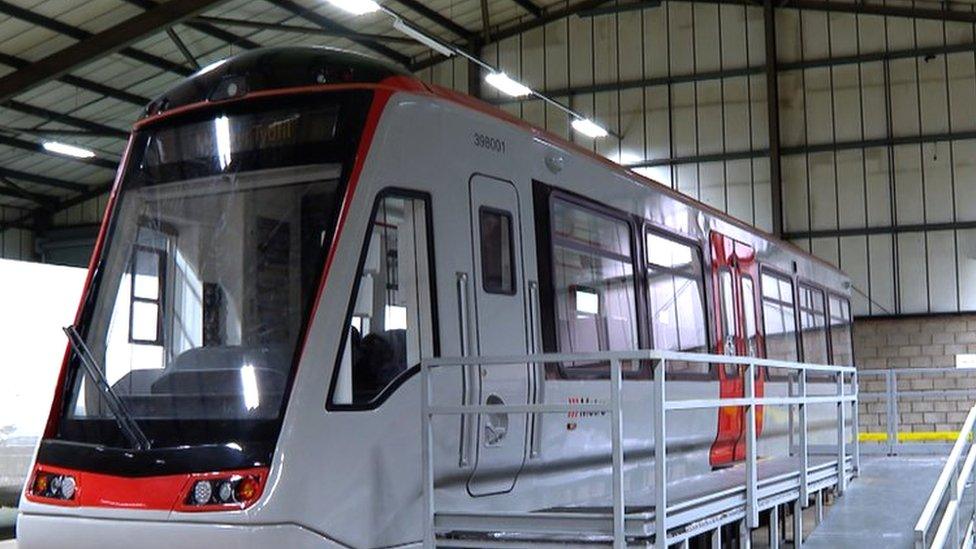
- Published14 January 2021
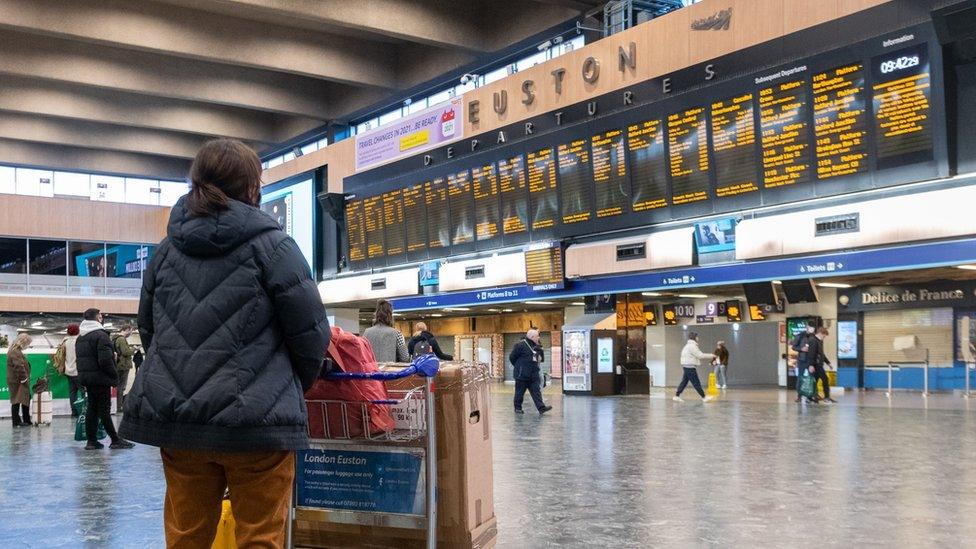
- Published21 August 2020
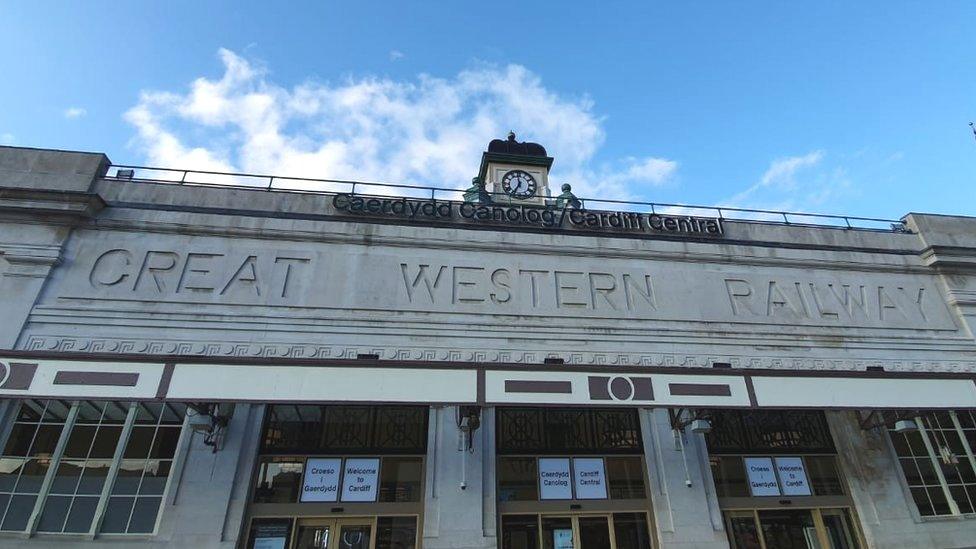
- Published15 June 2019
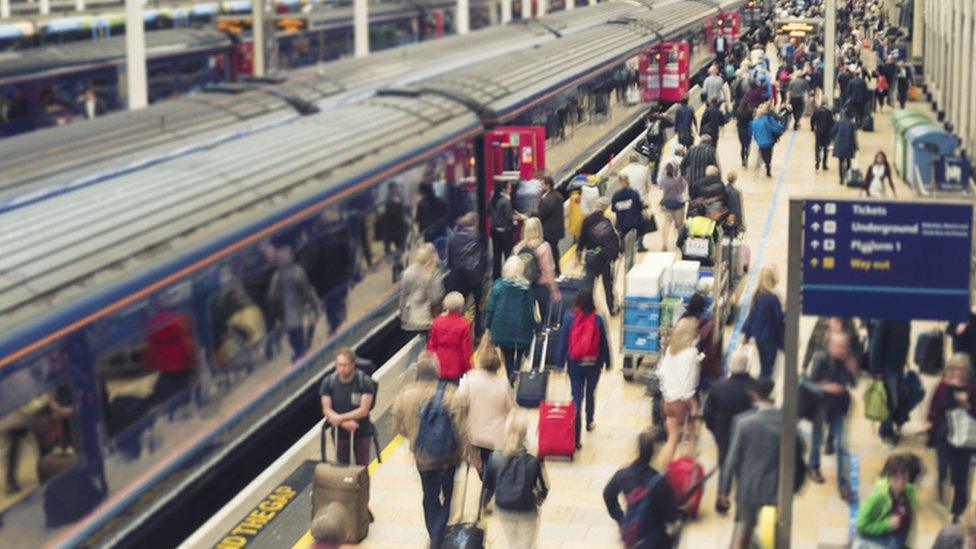
- Published19 July 2019
